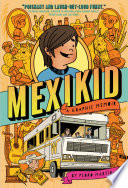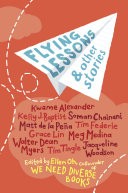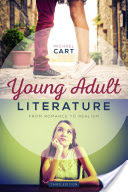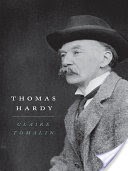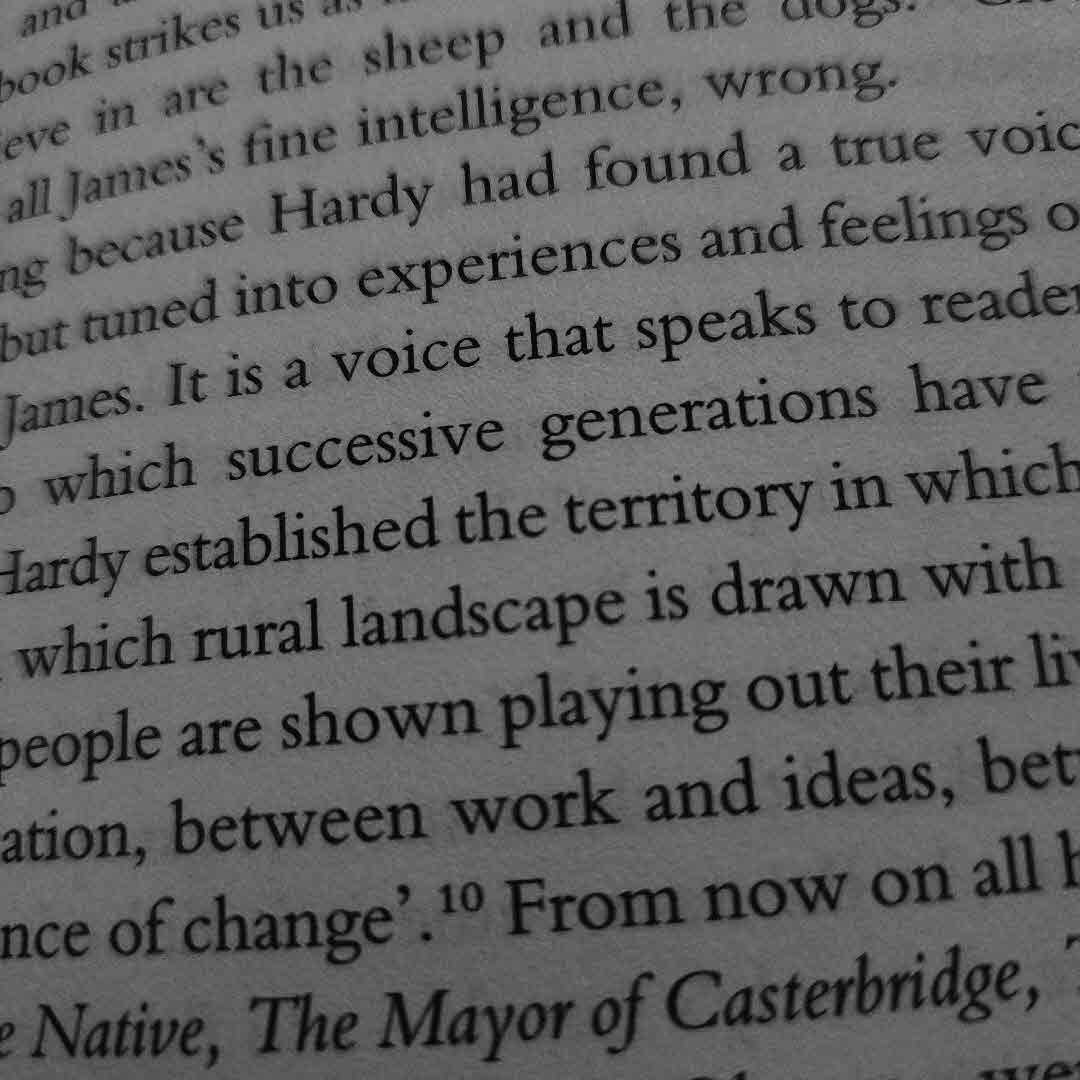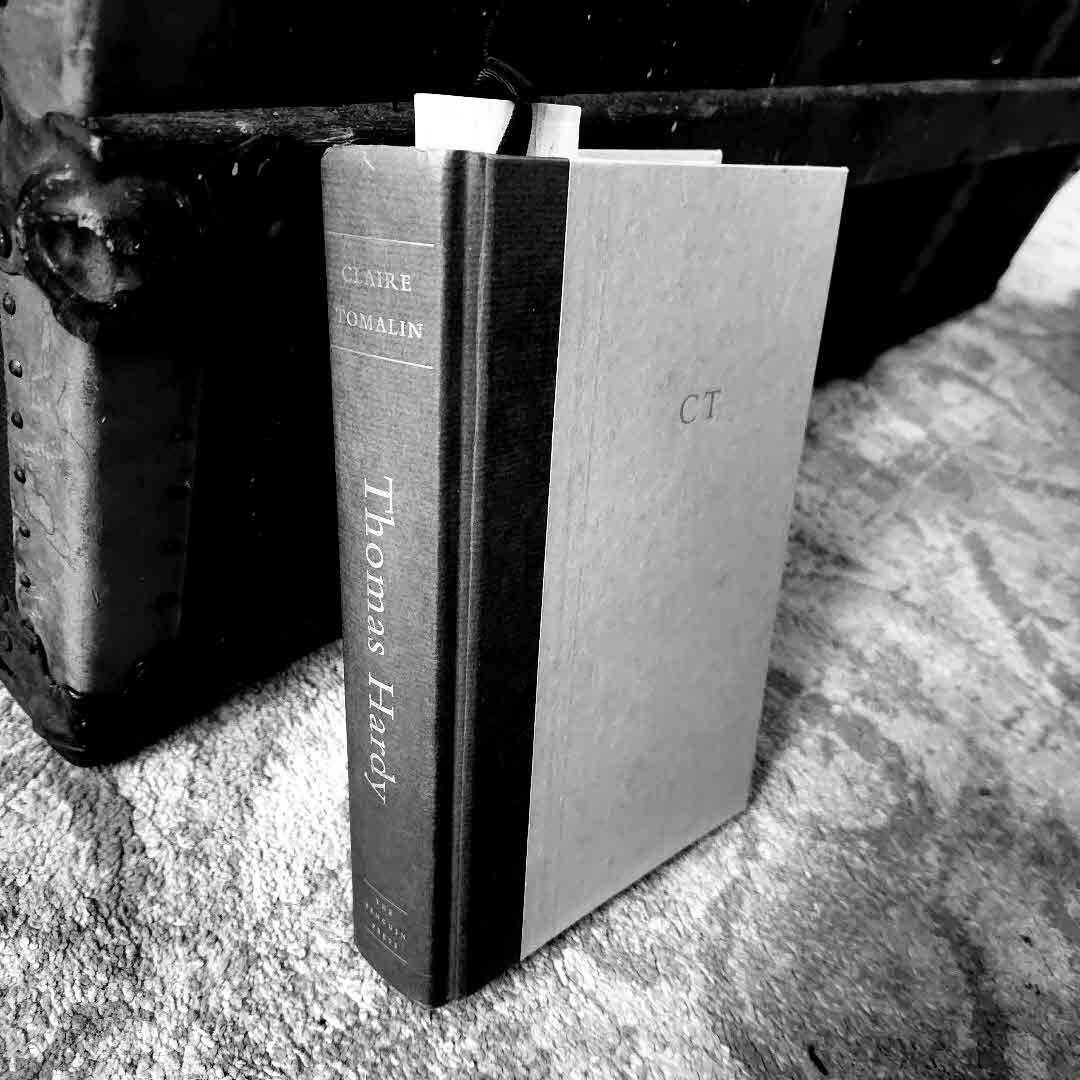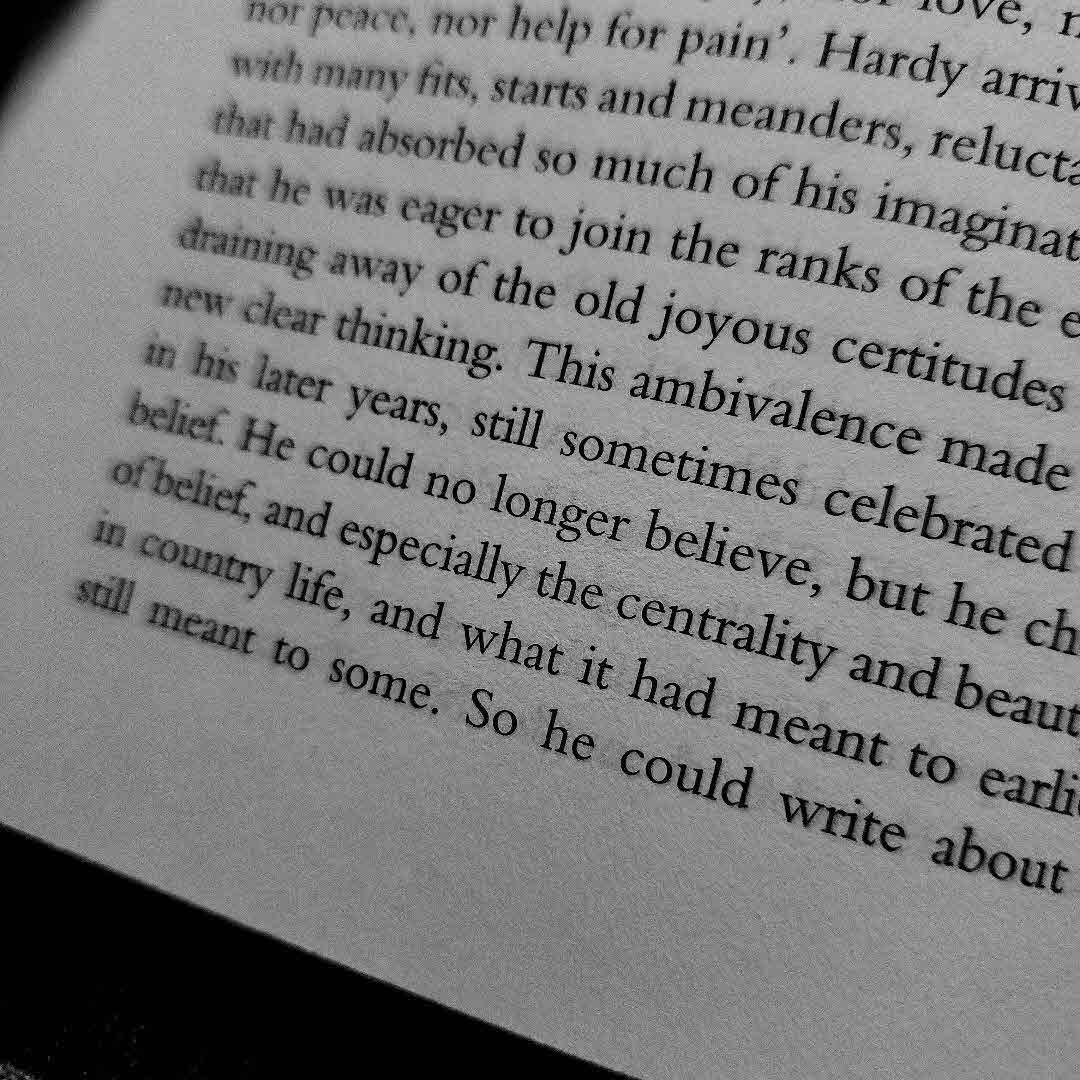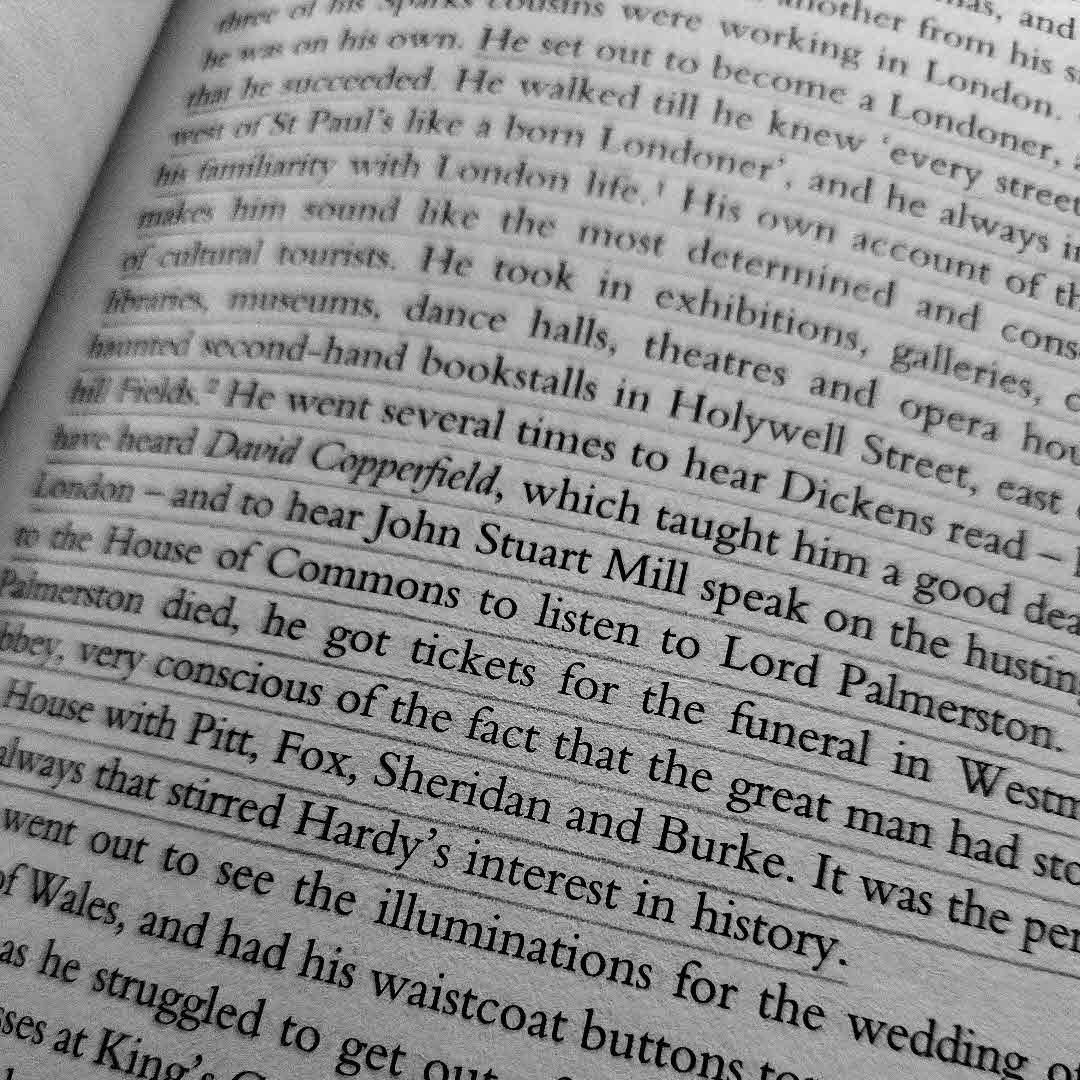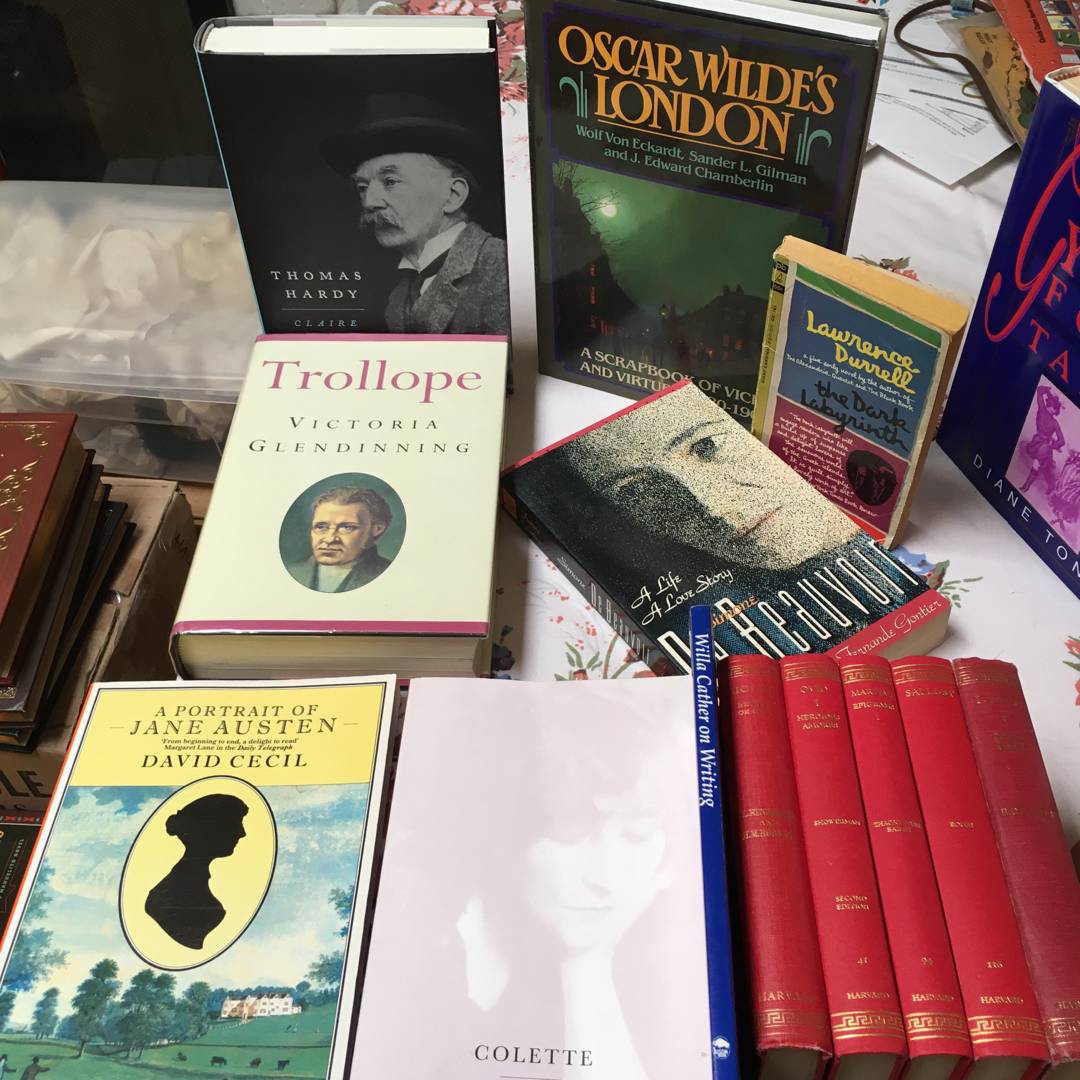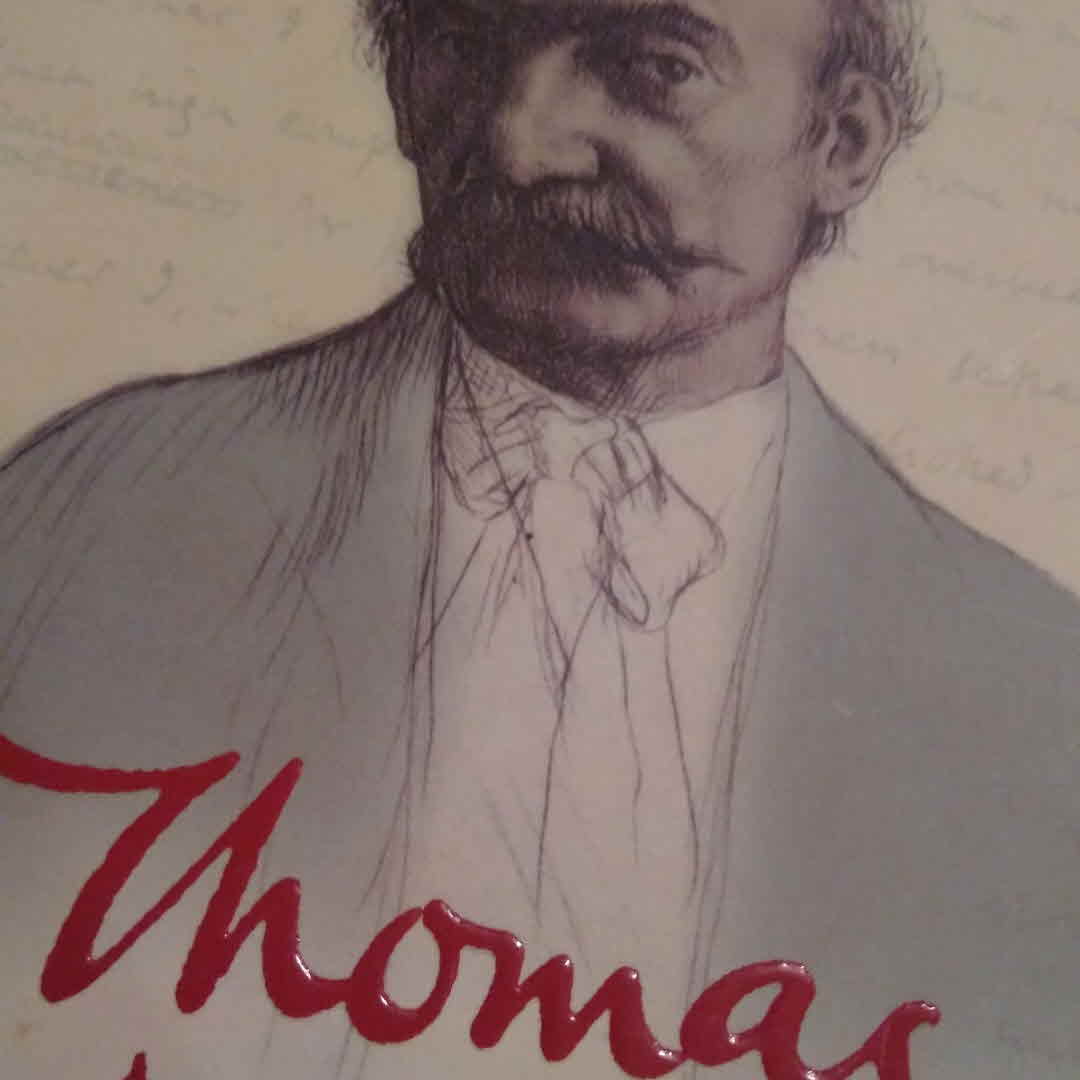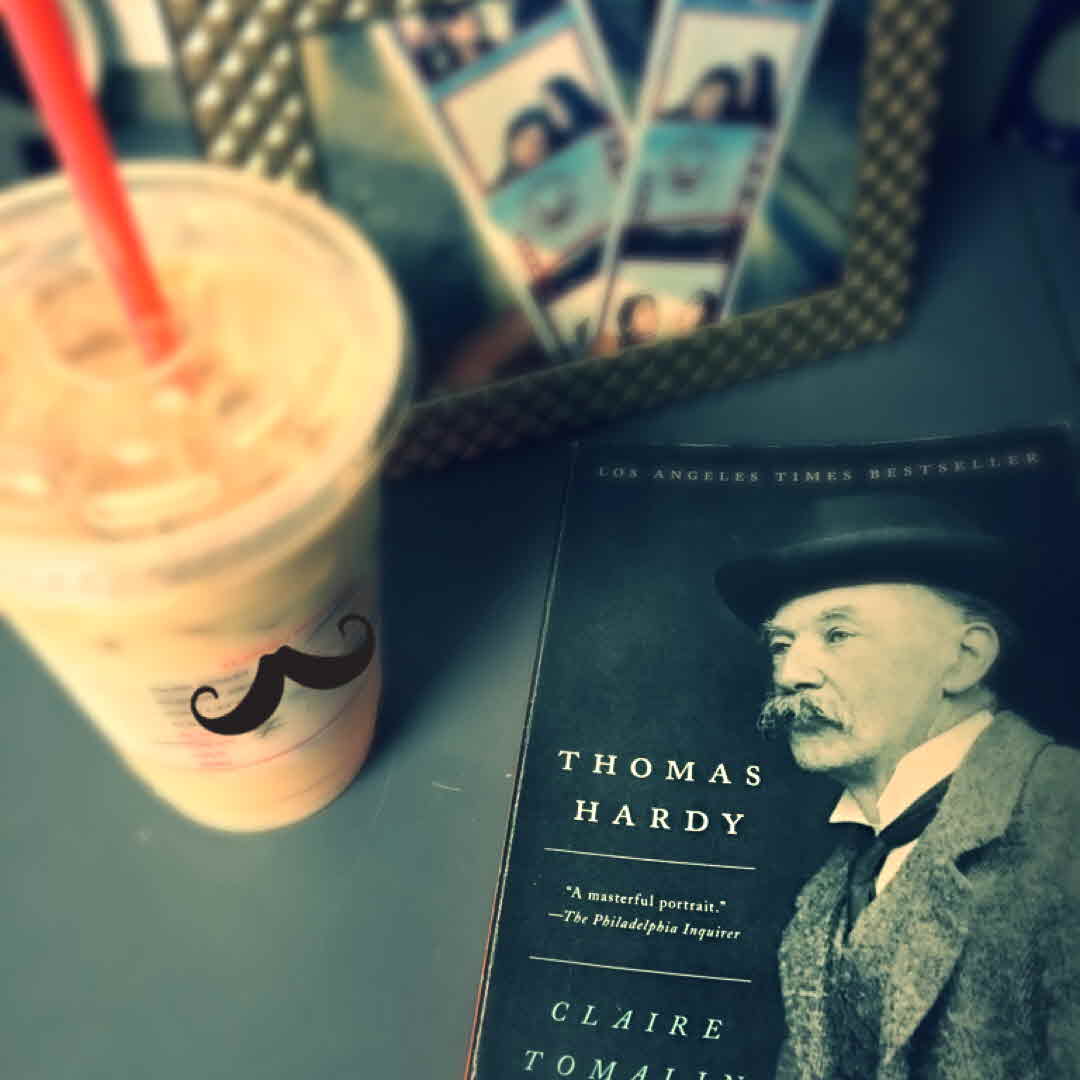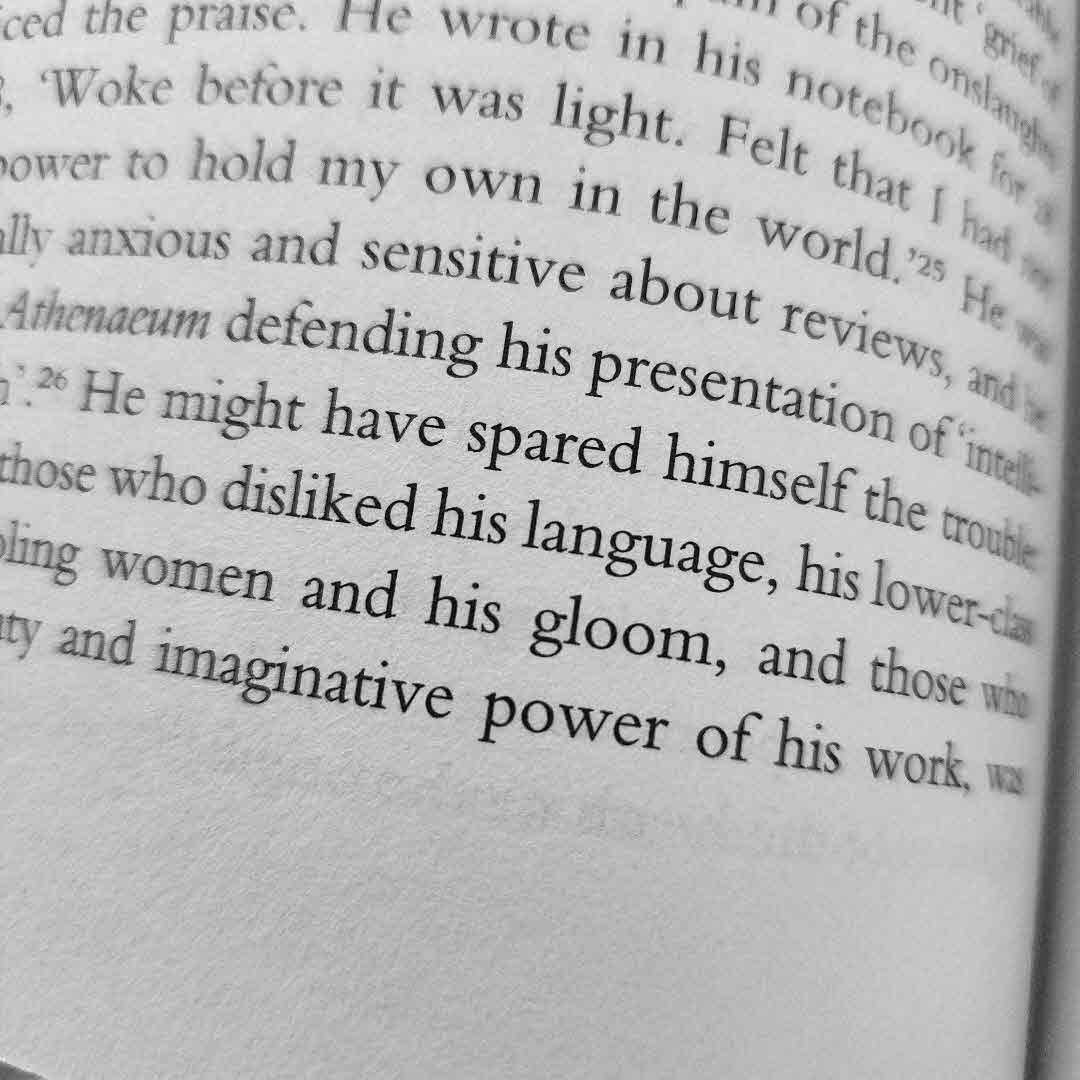
pp.170-71: '[Hardy] was always exceptionally anxious and sensitive about reviews.... He might have spared himself the trouble: the divide between those who disliked his language, his lower-class characters, his troubling women and his gloom, and those who appreciated the beauty and imaginative power of his work, was already there and remained firmly fixed throughout his career as a novelist.'







